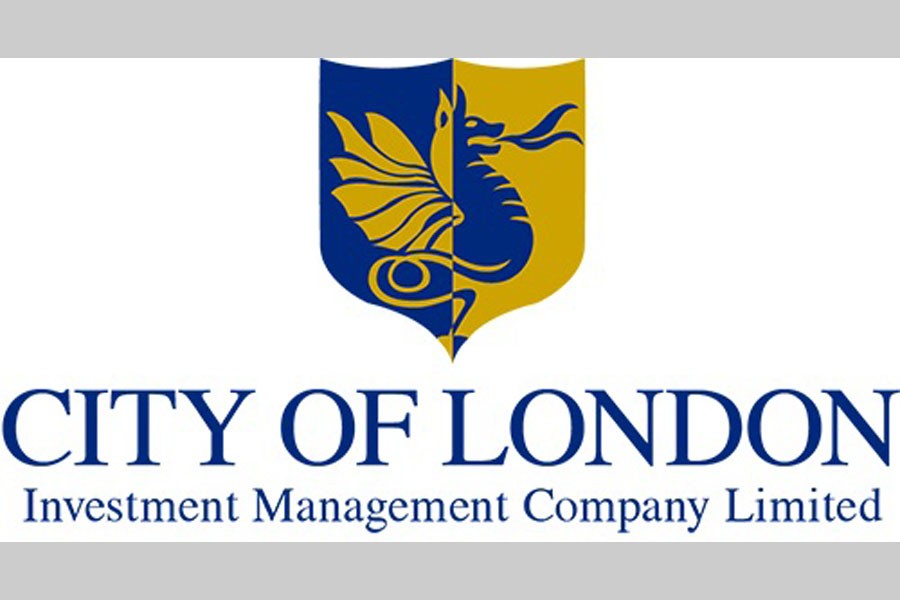City of London Investment Management Company Limited (CLIM), an investment management company, has been a significant unitholder of Bangladesh's closed-end mutual fund (CEMF) for many years.
However, CLIM's support for the CEMF industry has been severely tested by the recent egregious abuses of shareholder rights in Bangladesh. The Bangladesh Securities and Exchange Commission (BSEC) and various CEMF management companies have made dubious claims in order to violate existing mutual fund regulations, prospectuses and trust deeds.
The companies have treated investors' assets as their own by extending the lives of CEMFs without requisite extraordinary general meetings and unitholder votes while continuing to collect fees on unitholders' assets. The BSEC has failed to ensure that these companies do not treat the funds as their own assets.
There should be no misunderstanding that we, the unitholders, own the assets of the CEMFs. These assets do not belong to the CEMF management companies or the BSEC.
CLIM invested in these CEMFs after having read the laws, regulations, prospectuses and trust deeds governing these assets. CLIM invested based upon the assumption that the BSEC would regulate this industry and protect investors by enforcing rules, and terms of prospectuses and of trust deeds. Another assumption was that the trustees, whose role is to protect unitholders' interests, would enforce the trust deeds and hold the CEMF management companies accountable for their actions.
The BSEC and CEMF managers have completely failed to provide any reason, let alone sound and justifiable reasons, for the announced extensions to the lives of CEMFs. We do not believe liquidations of CEMFs would adversely impact the stock market. Several CEMFs have already liquidated or converted to open-end mutual funds (OEMFs) with no significant market impact.
Further, virtually all of the CEMFs are small relative to the overall Bangladesh stock market.
To put the potential liquidation of CEMFs in perspective, we calculate that the Bangladesh stock exchange trades on average approximately $50 million a day. The total assets of CEMFs are approximately $650 million, or less than two (02) per cent of the total market cap of the Bangladesh stock market. In the most extreme scenario (which we are not suggesting), the entire CEMF sector only accounts for 13 days of trading volume!
CEMFs have traded at large discounts for many years, suggesting significant oversupply and low investor confidence in the credibility of underlying net asset values (NAVs). Recent events demonstrate that CEMF management companies and trustees can neither be trusted to look after investor interests nor to keep prospectus commitments. Consequently, investors have, in many cases, lost over 60 per cent of the value of their investment due solely to the ever-widening discount to NAV.
We think, asset managers should be able to buy units of CEMFs in the market and conduct tender offers to remedy the discount to NAV. It is a common practice used globally to address CEMF discounts However, it should be at the direction and discretion of the trustees.
CEMFs should not change their investment guidelines, extend tenures, or modify any other prospectus undertaking or trust deed clauses without the requisite shareholder approval. Asset managers wanting to manage assets with different investment restrictions should either seek relevant unitholder approval for the changes or launch a new CEMF. Current investors bought the existing CEMFs with the understanding and belief that their assets (which are not the manager's assets) would be governed by the existing rules and regulations. Dispensing with the required unitholder votes is an appalling violation of investors' rights.
The BSEC, in our view, may have done irreparable harm to the mutual fund industry by acquiescing with CEMFs that are attempting to extend their lives without unitholder approval. Potentially wider harm may result by deterring domestic and foreign investment flows into Bangladeshi capital markets. The CEMF industry will suffer lasting damage unless these actions are reversed and the rule of law is reasserted to protect investors' rights ahead of the interests of asset managers and related parties.
We would urge the BSEC to require asset managers undertake an extraordinary general meeting, immediately in order to conduct the requisite unitholder vote, whereby 75 per cent of unitholders voting must vote in favour of an extension in order for it to be valid.
Jeff Gill is Chief Investment Officer -- Frontier Market Strategies -- at CLIM, Pennsylvania, USA


